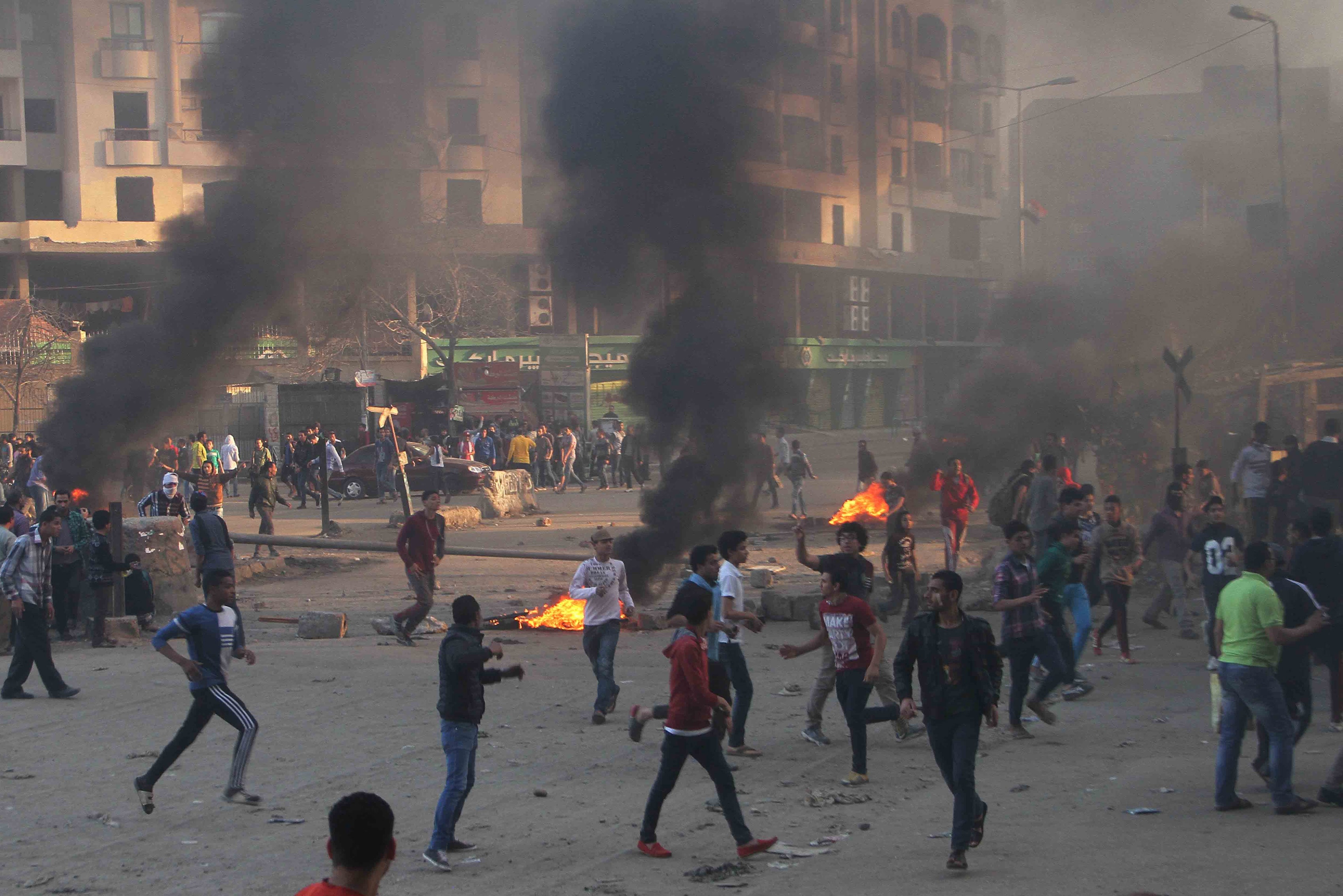Mayada Ashraf, a 22-year-old Egyptian reporter for the Al-Dustour daily newspaper, was one of three people killed during protests that erupted following Abdel Fattah El-Sisi’s decision to resign from the military and run for president.
On 28 March, Mayada Ashraf, a 22-year-old Egyptian reporter for the Al-Dustour daily newspaper and the Masr Al-Arabiya news website, was shot dead as she was covering clashes between security forces and protesters in Ain Shams area east of Cairo.
Ashraf was one of three people killed during protests that erupted following Abdel Fattah El-Sisi’s decision to resign from the military and run for president.
Five IFEX members have released statements condemning the young journalist’s murder and demanding that the authorities open an in-depth and impartial investigation.
The Committee to Protect Journalists (CPJ) reported that Ashraf was shot in the head. In her most recent report from the clashes that day she described the Muslim Brotherhood as a terrorist group.
It is not yet known who shot her. Groups supporting the army are blaming the Muslim Brotherhood for her murder, while those supportive of the Muslim Brotherhood are pointing at the army and its supporters.
Sherif Mansour, CPJ’s Middle East and North Africa program coordinator, reiterated the need for an independent investigation into the matter. “A journalist’s death should not be used to settle political scores − the focus should be on journalists’ right to safely cover events in Egypt.”
The Arab Network for Human Rights Information (ANHRI) reported that Ashraf graduated from Cairo University’s Faculty of Mass Communications, noting that her graduation project had won first place. Soon after, she landed a job as a reporter for Al-Dustour, and had been working there for nearly three years.
In its statement of condemnation, the Egyptian Organisation for Human Rights (EOHR) indicated that protection for journalists, especially when covering protests and clashes, must be guaranteed. It went on to say that the Ministry of Interior could play an important role by collaborating with the journalists’ union to ensure a safe climate for journalists to work in.
On that note, according to Reporters Without Borders, Ashraf was killed the same day that the United Nations Human Rights Council adopted a resolution on the importance of the role played by journalists when covering demonstrations and the need for states to give them the required protection.
The International Federation for Journalists (IFJ) included in its statement an appeal for Ashraf’s colleague, who was a witness to the shooting, to be guaranteed full protection during the investigation.
Protests against Sisi’s bid for presidency have been ongoing since 28 March; the presidential elections are set to take place on 26 and 27 May.



